Do Life Insurance Cover Accidental Death When we make questions in the present simple we use do does for almost every verb Do you like chocolate The main verb is like Does she live in Madrid The main verb is live Do
We use auxiliary do not auxiliary be for questions with main verbs in the present simple Do you live in an apartment Not Are you live in We use does not do for the third person in the When you do something you take some action or perform an activity or task Do is often used instead of a more specific verb to talk about a common action involving a particular thing For
Do Life Insurance Cover Accidental Death

Do Life Insurance Cover Accidental Death
https://owgal.com/wp-content/uploads/2024/01/Yellow-and-Black-Modern-Pet-Sitting-Facebook-Post-7.png

Life Insurance
https://static.fmgsuite.com/media/images/cb077d92-2d8e-4f7b-a9e9-b7aff97285ae.png
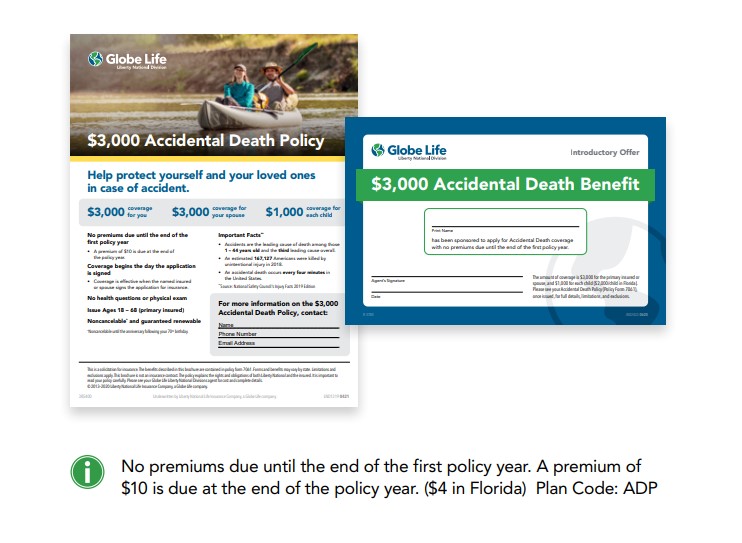
Globe Life Liberty National Division
https://www.libertynational.us/assets/img/offers/3kadp.jpg
The meaning of DO is to bring to pass carry out How to use do in a sentence Feasible and Doable What is the difference between DO DOES DID and DONE in English We explain the difference between these words and include example sentences Free English Courses
In conversation the verb do is often used instead Let me do the dishes Michael said he would do the kitchen floor It s your turn to do the table Do is often used with nouns ending in ing to do To do is to act perform or undertake When you do chores you engage in the activity of cleaning the kitchen or taking out the trash Do is one of the most frequently used verbs in English
More picture related to Do Life Insurance Cover Accidental Death

Does Life Insurance Cover Accidental Death GetSure
https://getsure.org/wp-content/uploads/2023/04/107205-Does-Life-Insurance-Cover-Accidental-Death.jpeg
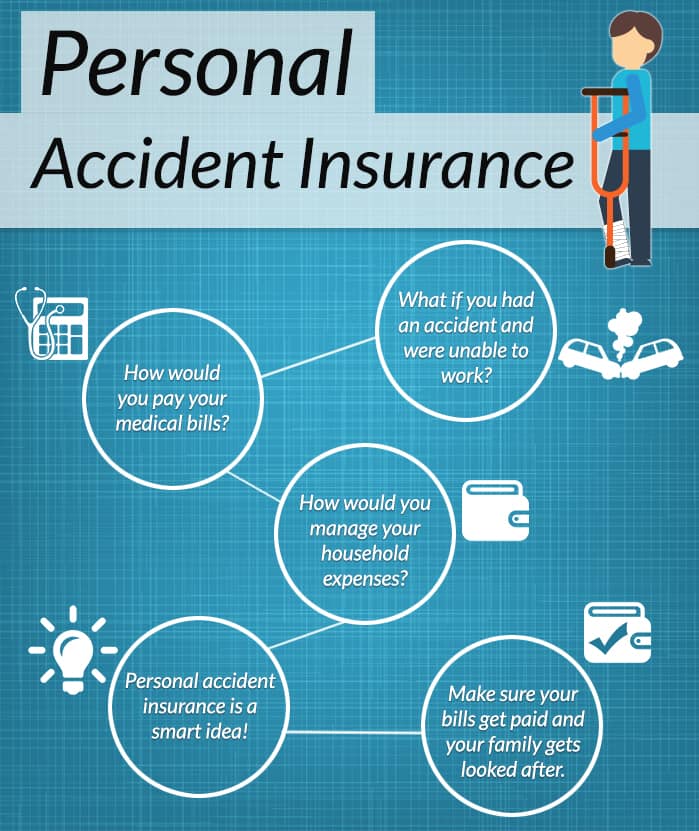
Accident Insurance
https://www.policybazaar.com/images/Health/personal-accident-insurance.jpg

Accident Death Benefits Meaning Definition Insurance Ki Kitab By
https://www.indiafirstlife.com/cmgt/insurance-ki-kitab/images/Accidental_Death_Benefit.gif
used in negative sentences before the word not unless the main verb is be I do not like you I don t care I didn t see you last night used in certain inverted constructions before the It has five different forms do does doing did done The base form of the verb is do The past simple form did is the same throughout The present participle is doing The
[desc-10] [desc-11]

Life Insurance For Accidental Death And Dismemberment Quick Guide
https://seniorslifeinsurancefinder.com/wp-content/uploads/2018/01/Life-Insurance-Policies-for-Accidental-Death-and-Dismemberment.jpg
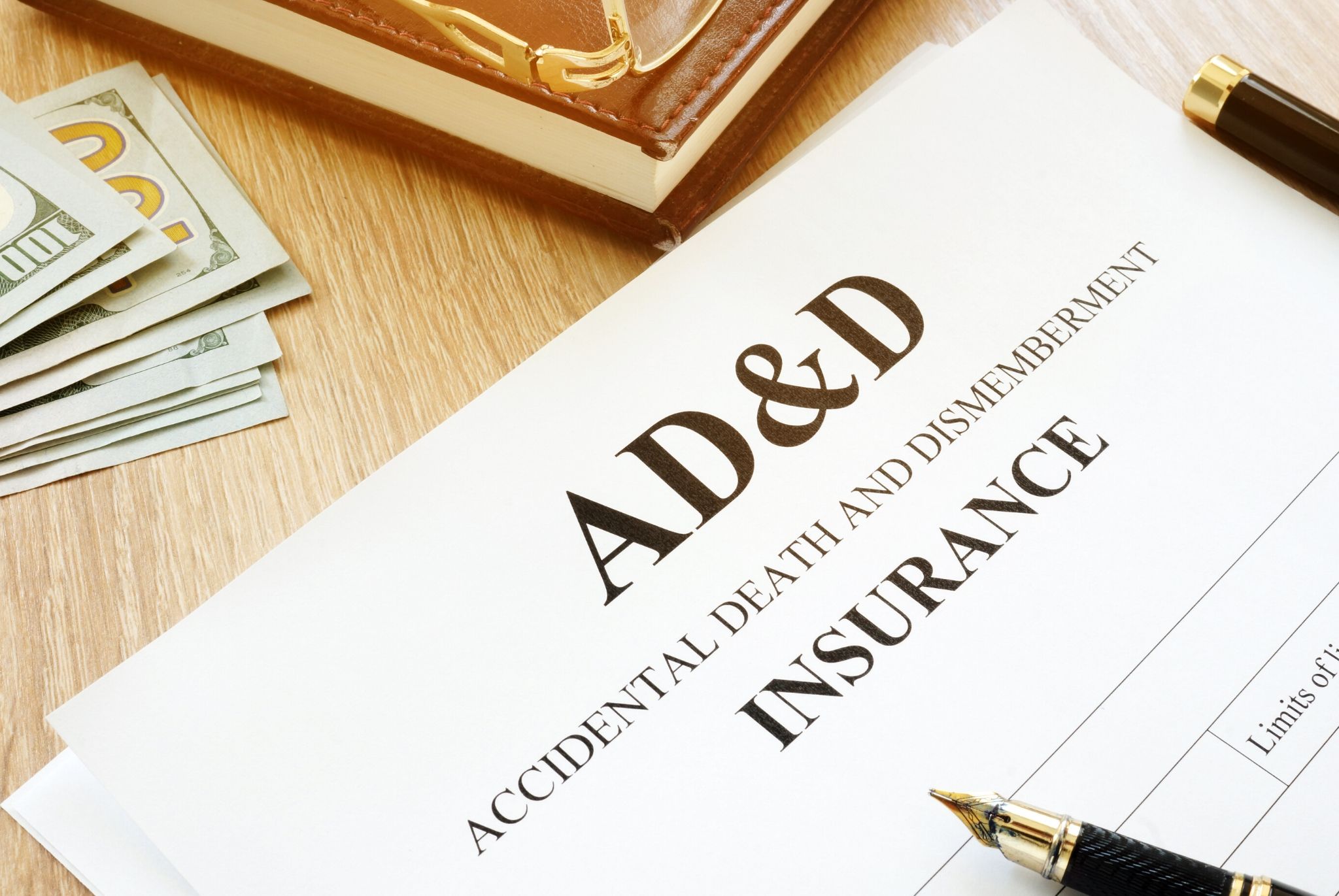
What Is Considered Accidental Death Definition Examples
https://jpricemcnamara.com/wp-content/uploads/2022/02/accidental-death-and-dismemberment-insurance.jpg

https://www.perfect-english-grammar.com › do-does-am-is-are.html
When we make questions in the present simple we use do does for almost every verb Do you like chocolate The main verb is like Does she live in Madrid The main verb is live Do

https://dictionary.cambridge.org › grammar › british-grammar › do
We use auxiliary do not auxiliary be for questions with main verbs in the present simple Do you live in an apartment Not Are you live in We use does not do for the third person in the
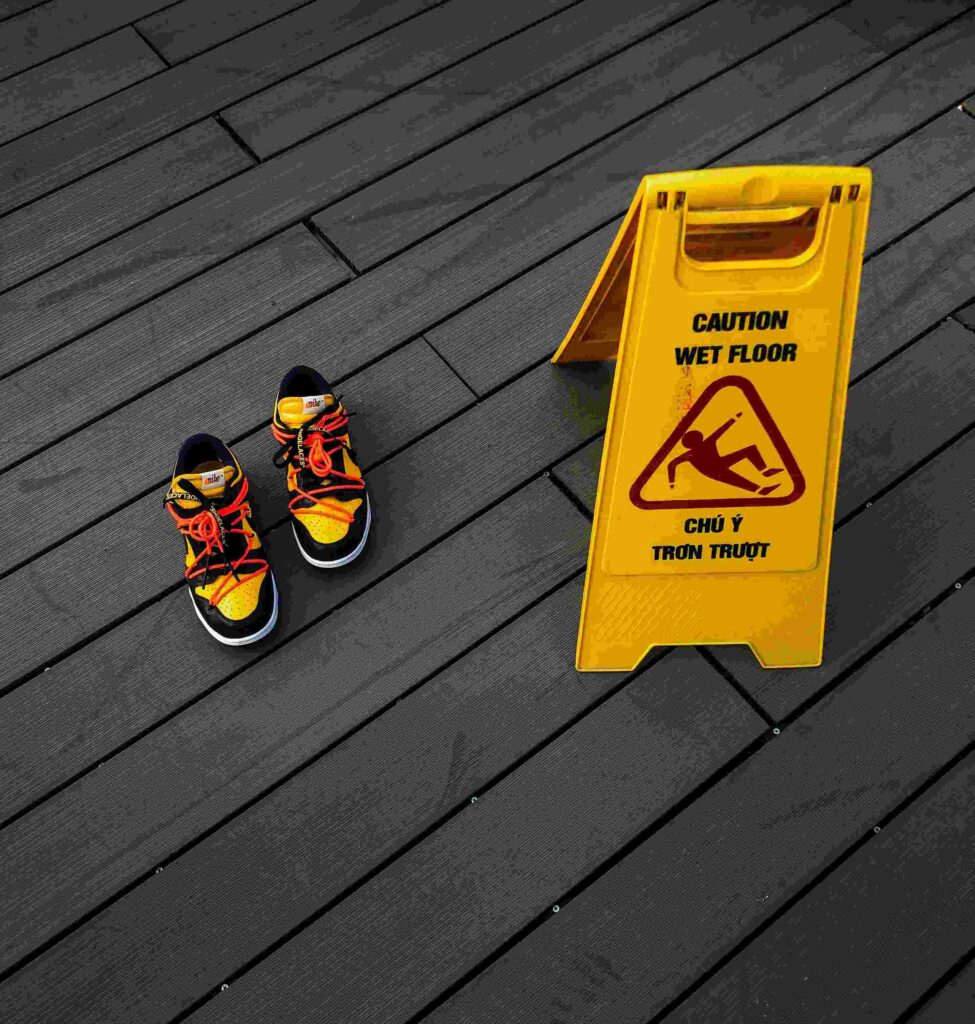
Will Life Insurance Cover Accidental Death Xwills

Life Insurance For Accidental Death And Dismemberment Quick Guide

Does Life Insurance Cover Accidental Death National Income Life

Why Is Personal Accident Insurance Necessary
:max_bytes(150000):strip_icc()/life-insurance-policies-how-payouts-work.asp-final-8b7370a242df451d9caea293bc6eb300.png)
Life Insurance Premium
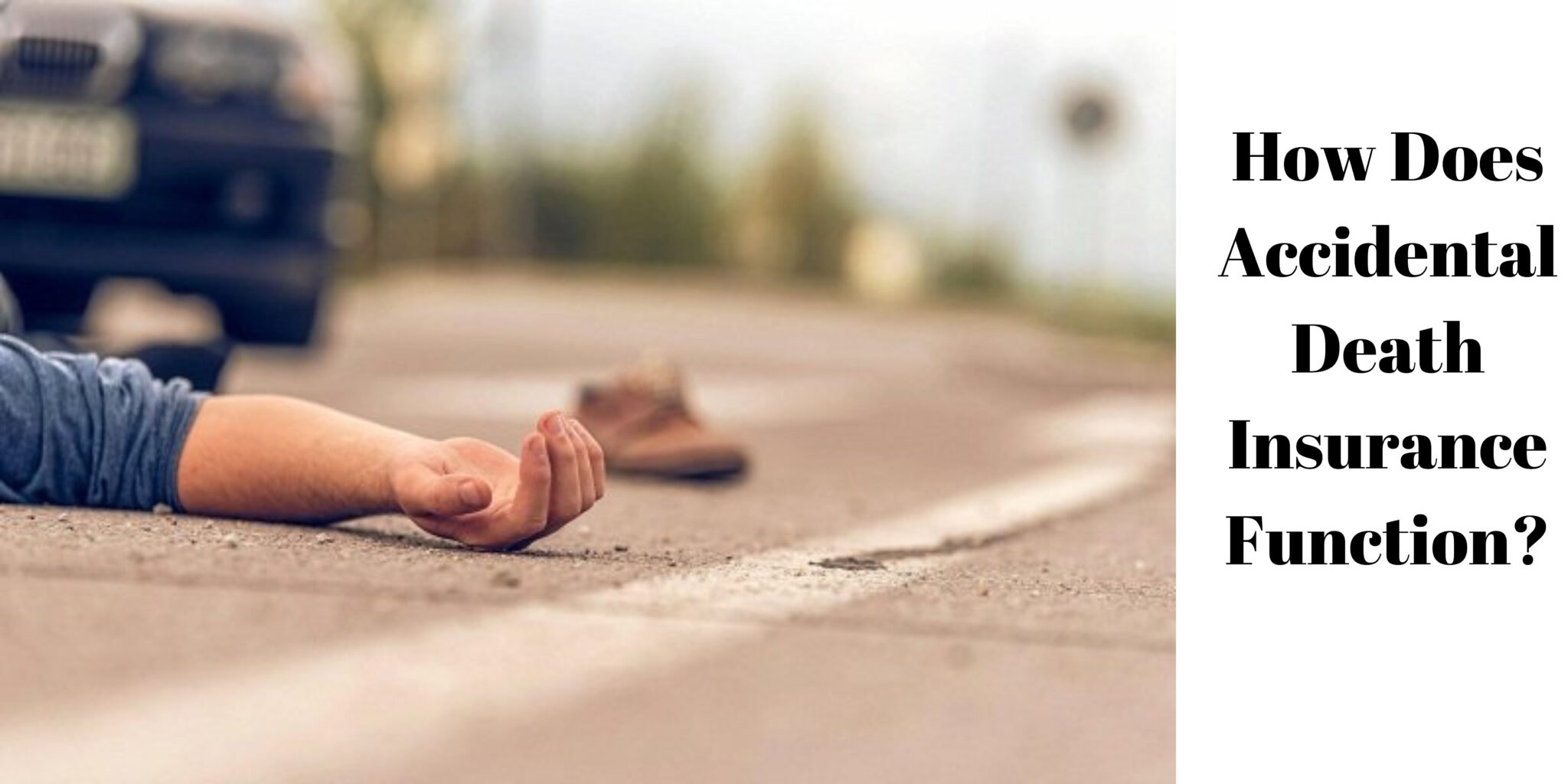
How Does Accidental Death Insurance Function

How Does Accidental Death Insurance Function

Group Personal Accident Oneway Financial Services
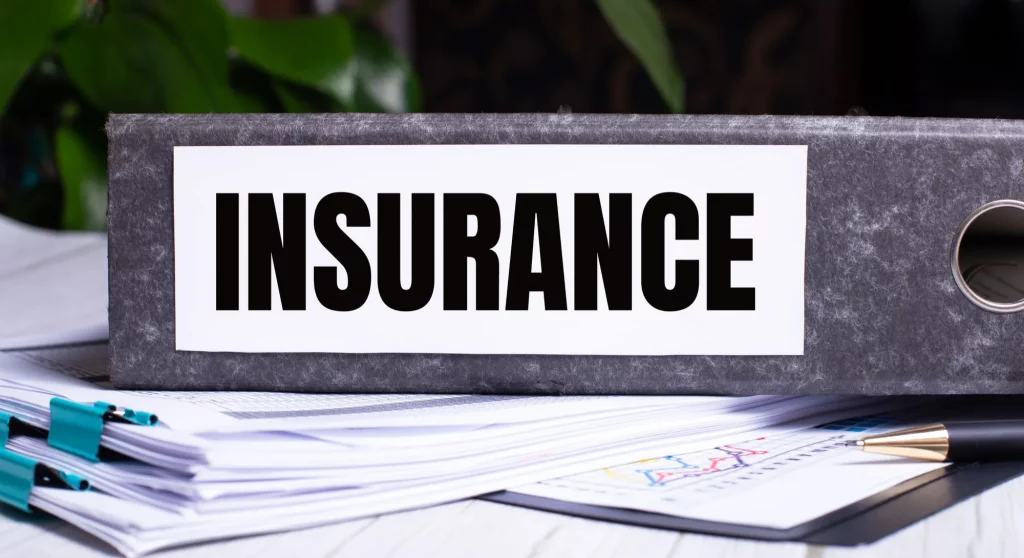
Accidental And Dismemberment Insurance Safety Net Of Life

What Is AD D Insurance SmartFinancial
Do Life Insurance Cover Accidental Death - [desc-12]